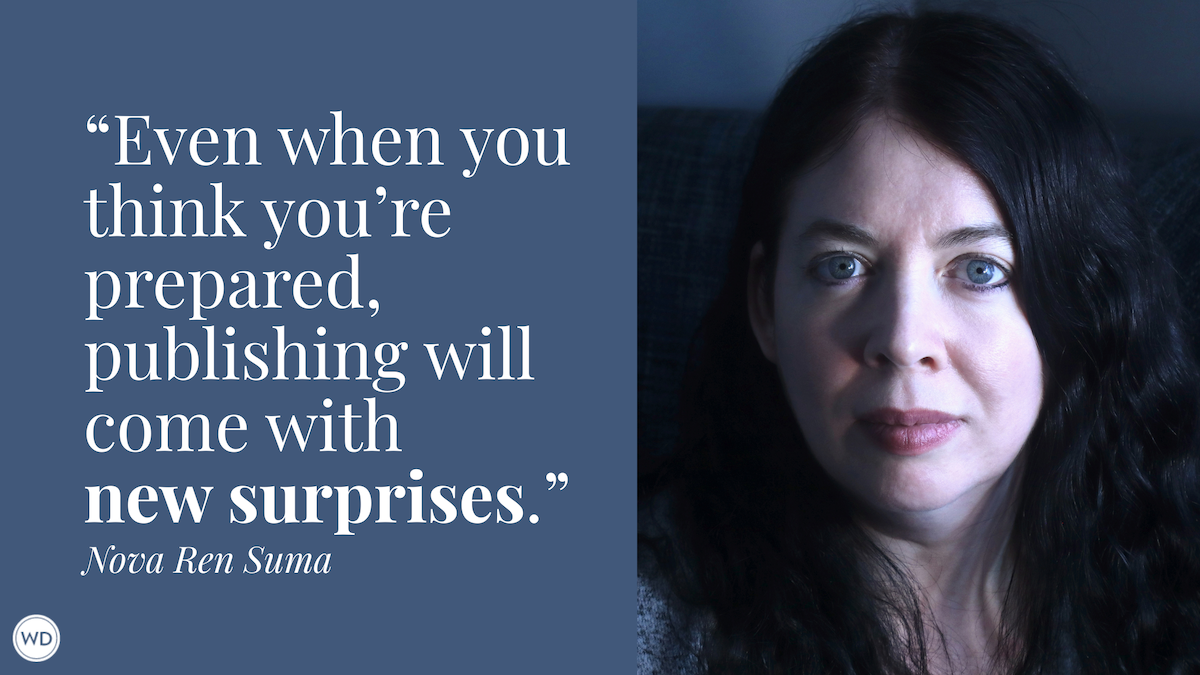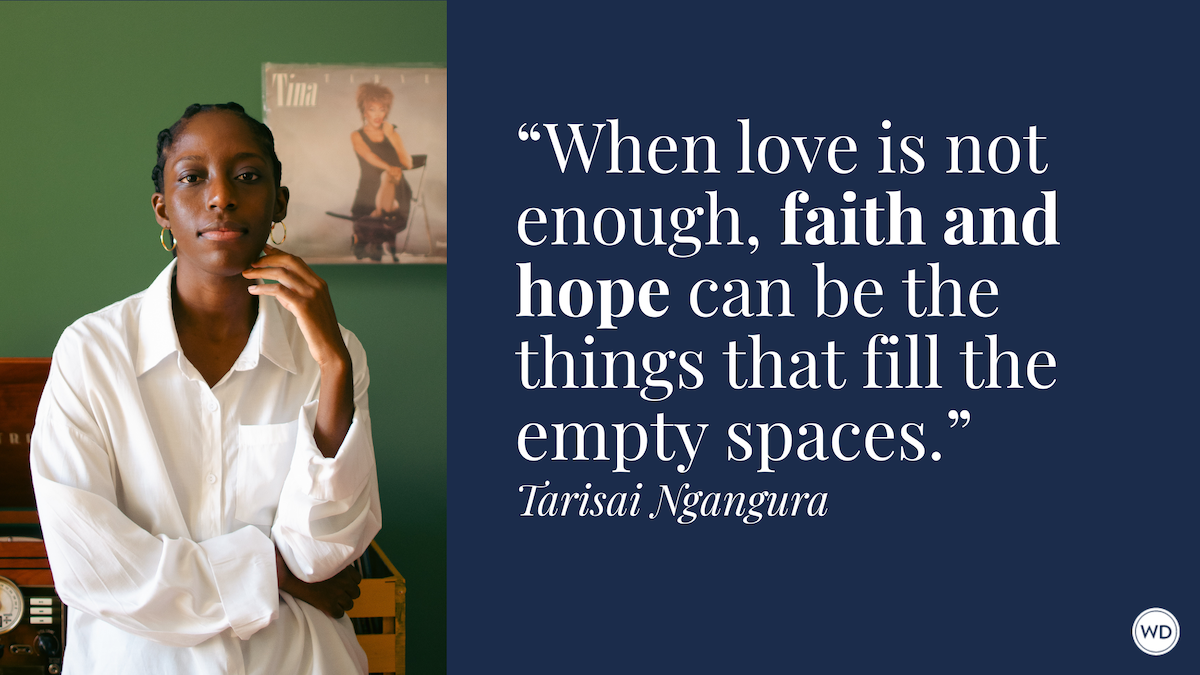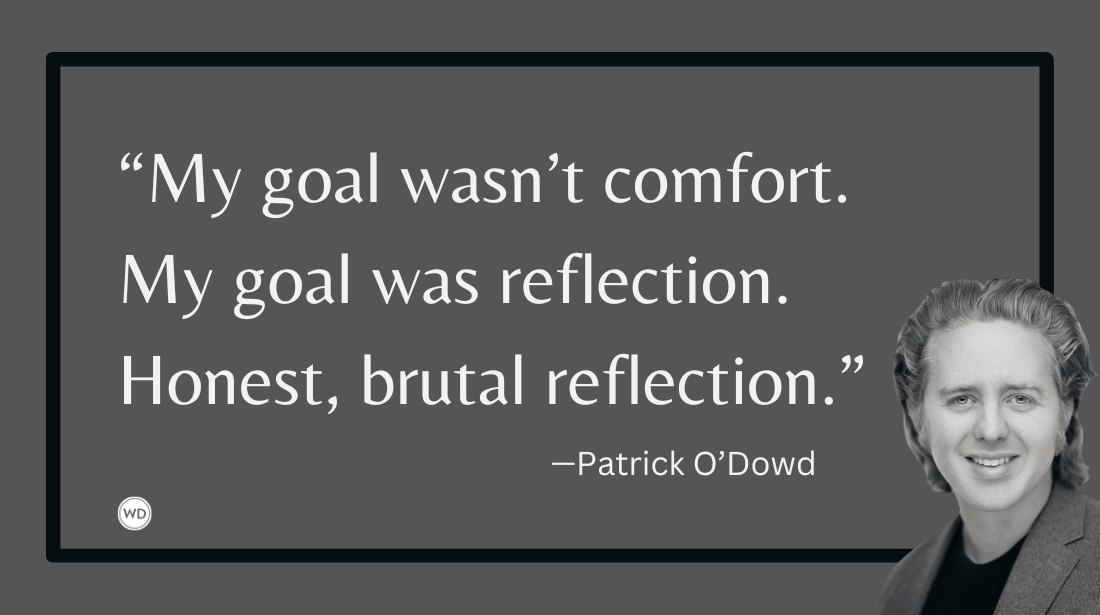Everyday Versus Every Day
Both everyday and every day are correct, but they can’t be used interchangeably. Here’s a simple explanation of when to use each.
Q: Sometimes I see “everyday” as one word and sometimes I see it as two (“every day”). Are both correct? Is there a difference? —Karen S.
The English language is tricky sometimes, and this instance is a perfect example—yes both “everyday” and “every day” are correct, but they can’t be used interchangeably. While they ultimately mean the same thing, they have different functions.
“Everyday” is an adjective that describes an object. My work clothes are separate from my everyday clothes. Around our office, fax-machine meltdowns are an everyday event.
“Every day” is an adverbial phrase (where “every” is actually acting as an adjective describing “day”). I start every day by giving my wife a kiss. Also, don't tell anyone but I watch “The View” every day.
If you’re still in doubt, use this little trick to keep it straight: Try to substitute “each and every day” in the place of the “everyday/every day” in question. If it works, go with two words. If not, it’s one word.
Want other Grammar Rules? Check out:
Sneaked vs. Snuck
Who vs. Whom
Lay vs. Lie vs. Laid
Which vs. That
Since vs. Because
Ensure vs. Insure
Home in vs. Hone in
Leaped vs. Leapt
Thanks for visiting The Writer's Dig blog. For more great writing advice, click here.
Brian A. Klems is the editor of this blog, online editor of Writer's Digest and author of the popular gift bookOh Boy, You're Having a Girl: A Dad's Survival Guide to Raising Daughters.
Follow Brian on Twitter: @BrianKlems
Sign up for Brian's free Writer's Digest eNewsletter: WD Newsletter
Brian A. Klems is the former Senior Online Editor of Writer’s Digest, and author of Oh Boy, You’re Having a Girl (Adams Media/Simon & Schuster). Follow him on Twitter @BrianKlems.








